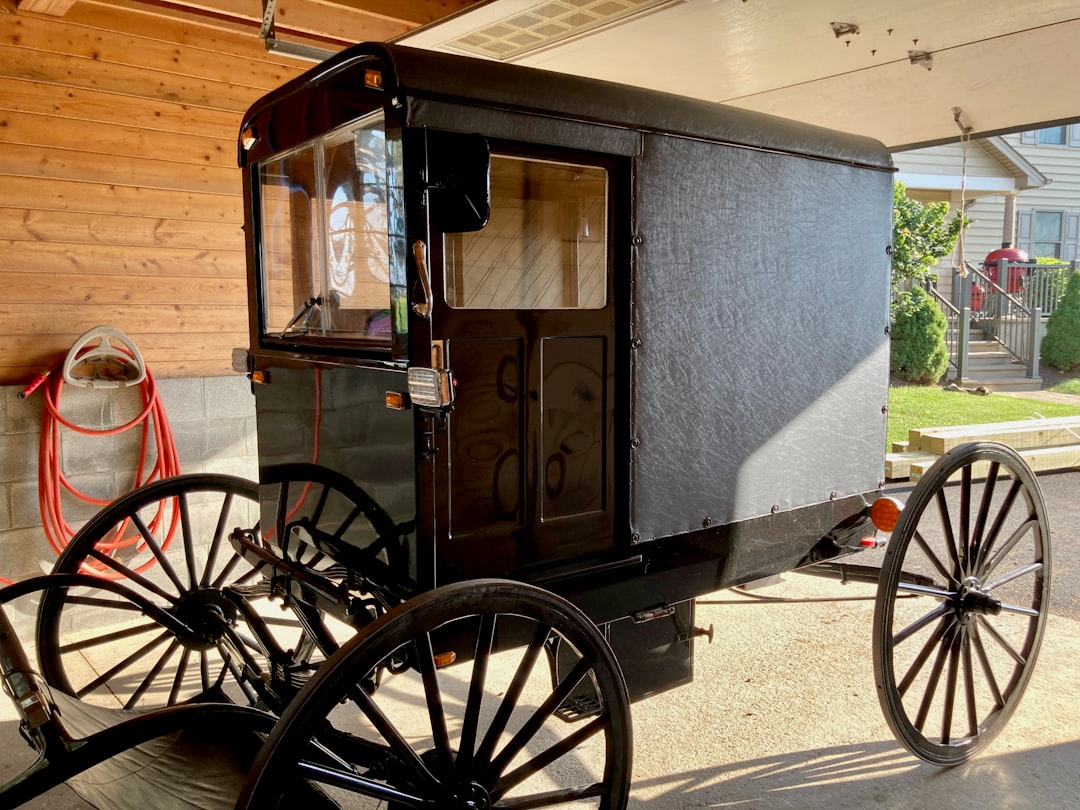In Pennsylvania, including Altoona, the Do Not Call List (DNC) is a powerful tool against unwanted spam calls, with strict laws enabling residents to opt-out of marketing calls. Specialized Spam Call law firms in Pennsylvania play a vital role in enforcing these regulations, investigating violators, and taking legal action to ensure businesses comply. This strategy not only protects residents from intrusive phone marketing but also empowers them to control their communication preferences and personal privacy. The DNC has proven highly effective in Altoona, with local law firms seeing an increase in cases involving Do Not Call List violations, underscoring the need for strict adherence and public education to maximize its success.
In Altoona, Pennsylvania, the Do Not Call List (DNCL) aims to curb the deluge of unwanted spam calls plaguing residents. This article explores the effectiveness of the DNCL from a legal perspective and delves into the impact of these relentless phone sales pitches, which have become a growing concern for locals. We analyze the list’s success rate and offer strategies to enhance its effectiveness, empowering Pennsylvania residents with tools to mitigate spam calls through legal means, courtesy of specialized Spam Call law firms.
Understanding the Do Not Call List: A Legal Perspective in Pennsylvania

In Pennsylvania, the Do Not Call List (DNC) is a powerful tool designed to protect residents from unwanted and harassing phone calls, especially those deemed as spam by consumers. This list is a legal mechanism that restricts telemarketers and sales calls from making unsolicited contact with registered numbers. The state’s Spam Call law firm plays a vital role in enforcing these regulations, ensuring that businesses adhere to the DNC rules.
Pennsylvania’s Do Not Call List operates under specific laws that give residents the right to opt-out of receiving marketing calls. By registering their phone numbers on this list, citizens can prevent automated or live sales calls from various companies. The law firm specializing in spam call cases helps investigate and take legal action against violators, ensuring compliance and providing relief to those affected by intrusive phone marketing practices.
The Impact of Spam Calls: A Growing Concern for Residents

In today’s digital era, a growing concern for residents in Altoona, Pennsylvania, is the increase in spam calls. These unwanted phone calls from telemarketers and scammers have become a pervasive issue, disrupting daily life and causing frustration among locals. The constant barrage of sales pitches, scam attempts, and fraudulent offers not only waste valuable time but also pose potential risks to personal information security. Many residents find themselves delving into a labyrinthine network of automated messages and persistent callers, often feeling powerless to stop the hustle and bustle.
With the implementation of the Spam Call law firm Pennsylvania, there is a glimmer of hope for relief. This legislation aims to protect citizens from excessive and aggressive telemarketing practices by holding firms accountable. By registering on the Do Not Call list, residents can ensure that their phone numbers are not used for unsolicited calls, thereby reducing the frequency of spam calls they receive. This move emphasizes the importance of empowering individuals to reclaim control over their communication preferences and personal privacy in an increasingly digital world.
How Effective is the Do Not Call List in Altoona?

The Do Not Call List in Altoona, Pennsylvania, has shown significant effectiveness in reducing unwanted spam calls. Since its implementation, residents have experienced a notable decline in telemarketing and sales calls, offering much-needed relief from persistent phone solicitations. This list is a powerful tool that allows individuals to regain control over their communication preferences.
Many consumers appreciate the peace of mind that comes with knowing they can opt out of unwanted calls. The list ensures that phone numbers registered by residents are respected, and it serves as a barrier against aggressive sales tactics. Moreover, local law firms specializing in spam call lawsuits have seen an increase in cases related to violators of the Do Not Call List, demonstrating its enforcement and the penalties associated with ignoring these restrictions.
Strategies to Enhance the Do Not Call List's Success Rate

To maximize the effectiveness of the Do Not Call List in Altoona, Pennsylvania, several strategies can be employed. One key approach is to ensure comprehensive compliance with the Spam Call law firm regulations. This involves rigorously updating and maintaining the list, regularly reviewing and removing any invalid or outdated numbers, and adhering to the legal requirements for adding phone numbers. By keeping the list current and precise, you minimize the chances of legitimate numbers being mistakenly blocked.
Additionally, educating the public about the Do Not Call List’s purpose can significantly enhance its success rate. Encouraging residents to register their numbers and promoting the benefits of reducing unwanted calls can foster a more responsive community. Regular campaigns through local media and community events can raise awareness, ensuring that more people take advantage of this powerful tool in combating spam calls.






